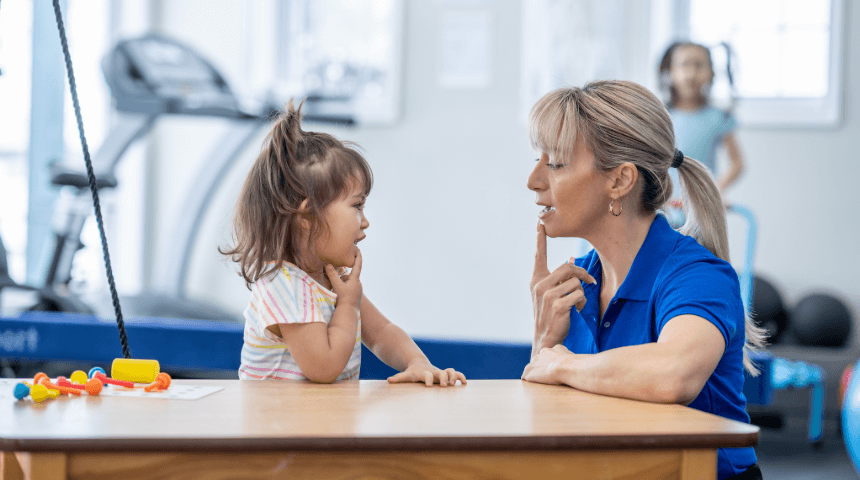If you notice your child is gaining weight, you might be tempted to suggest they use one of the many weight-loss apps that track food and exercise. But there are more dangers for kids using these apps than you may realize.
Almost 20 percent of children between the ages of 2 and 19 years old are obese, according to the Centers for Disease Control and Prevention (CDC). That’s especially concerning because obesity is linked to type 2 diabetes, heart disease and cancer, and kids who are significantly overweight are likely to continue struggling with their weight as they grow into adults.
Dangers of Kids’ Weight-Loss Apps
Many companies have launched weight-loss apps targeting children and teens, marketed as tools for improving your child’s health. In reality, the apps are a form of dieting and teach your child to manipulate food intake to lose weight. This is a serious cause of concern for parents, according to the American Academy of Pediatrics, because dieting in children is linked to eating disorders.
When children use a weight-loss app, they often perceive that their bodies are being criticized and they need to change in order to be accepted. This message can contribute to lower self-esteem, body-image issues and other mental health concerns. Plus, many of the apps categorize foods as good or bad, which can trigger negative emotions, such as guilt and shame, when eaten.
Weight-loss apps and the recommendations on the apps are geared to adult data. The bodies of children and teens are changing and going through puberty. Too much preoccupation with counting calories on an app can negatively impact a developing body and mind.
Choose Healthy Lifestyle Apps
Health-focused apps are at their best when they are promoting a healthy lifestyle, rather than tracking a child’s calories. Everyone can benefit from eating more fruits and vegetables, drinking more water and getting more sleep and physical activity. Reminders on the app of these positive behaviors or texts of encouragement can help kids make better choices and not focus on their diets.
How To Teach Healthy Eating
We don’t want parents to teach children to be fearful of certain foods, and that is exactly what some of the weight-loss apps do. Instead, we should be helping kids learn to trust their bodies’ signals of hunger and feeling full. Teaching healthy eating starts early and can include:
- Involving your child in food shopping and meal preparation
- Making time for family meals
- Limiting screen time during meals
- Modeling healthy eating habits and portion sizes
- Not using food as a reward, bribe or punishment
- Explaining moderation for foods that have lower nutritional values
An excellent resource for explaining good nutrition can be found at myplate.gov. You and your child can explore the videos, illustrations and recipes together. Learning how to have a positive relationship with food is one of the most important things parents can encourage their children to do.
Are You Interested in Learning More?
Sign up for our e-newsletter for more tips and best practices from pediatricians.
Sign Up Here










